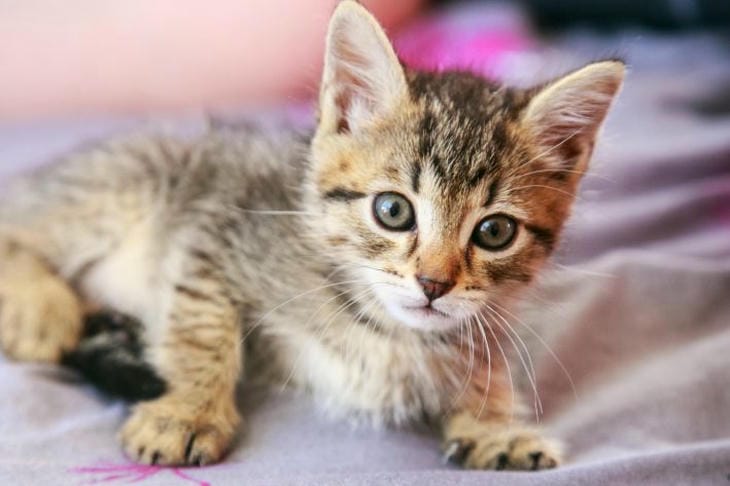Why Cats Are Afraid of the Smell of Bananas: The Surprising Secret Behind Cats' Dislike of Tropical Fruits
Cats' sense of smell is an amazing tool for understanding the world around them.
Among the many smells that cause a negative reaction in cats, the aroma of bananas occupies a special place on the list of irritants.
Features of a cat's sense of smell
Cats have an olfactory system that is 14 times more powerful than humans. The receptors responsible for smell perception detect the smallest nuances of aromas.
Natural sensitivity to certain chemical compounds helps cats survive in the wild.
Chemical composition of bananas
Banana peels contain special chemical compounds. Ethyl acetate esters released as the fruit ripens are perceived by cats' noses as a potential threat. The concentration of volatile substances increases as the fruit ripens.

Instinctive reaction
Natural defense mechanisms cause cats to avoid unfamiliar smells.
Tropical fruits were not found in the natural habitat of ancient cats. The negative reaction to the aroma of banana is a manifestation of the protective instinct.
Physiological reasons
A complex odor processing system in a cat's brain determines its response to different scents.
The vomeronasal organ, located in the nasal cavity, analyzes chemical signals. The strong smell of bananas can cause discomfort in this sensitive organ.
Practical application
The knowledge that cats dislike the smell of bananas is used for practical purposes. Gardeners use banana peels to protect plants from stray cats.
Pet owners can use banana scent to seal off specific areas.
Individual characteristics
The degree of aversion to the smell of bananas varies from cat to cat. Some pets show only mild anxiety.
Other animals show clear signs of fear or aggression. The reaction may depend on the breed and personal experience of the cat.
Scientific research
Scientists continue to study the peculiarities of cat perception of smells. Research shows a connection between the chemical composition of fruits and the reaction of animals. Understanding the mechanisms of olfactory perception helps to improve the conditions of keeping pets.
Influence on behavior
The presence of banana odor can change the cat's usual behavior. Animals avoid places where the irritating aroma is present. Stress from the unpleasant smell can cause temporary changes in the pet's appetite and activity.
Alternative explanations
Some experts link cats' fear of bananas to their potassium content. High concentrations of this element can be perceived by animals as a danger signal. This theory requires further research to confirm.
